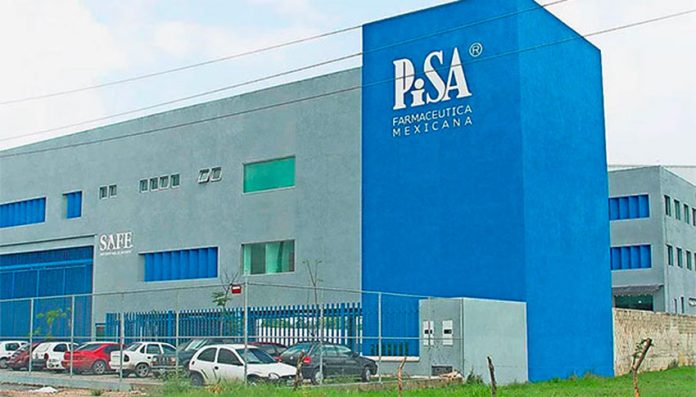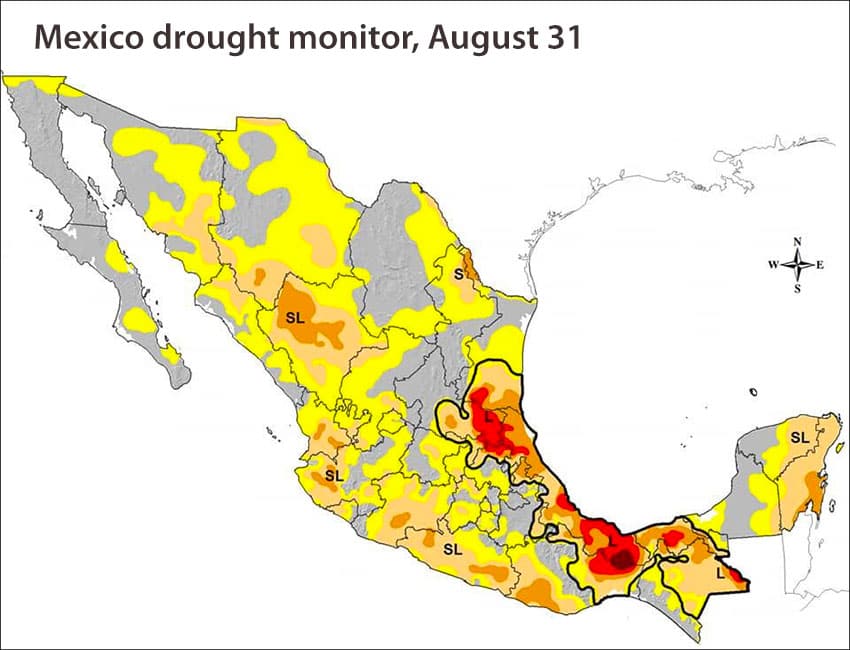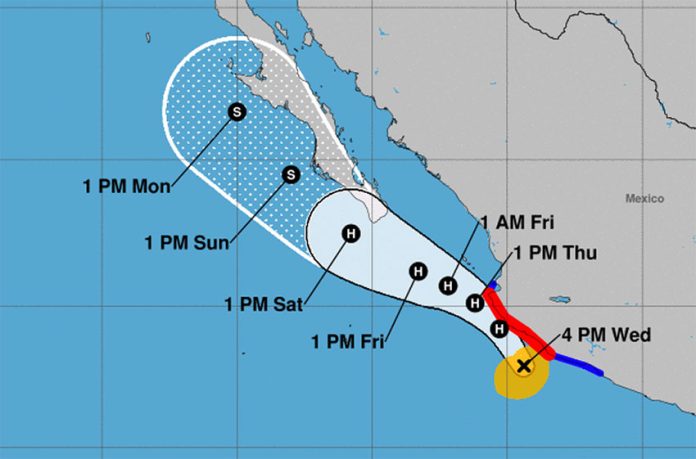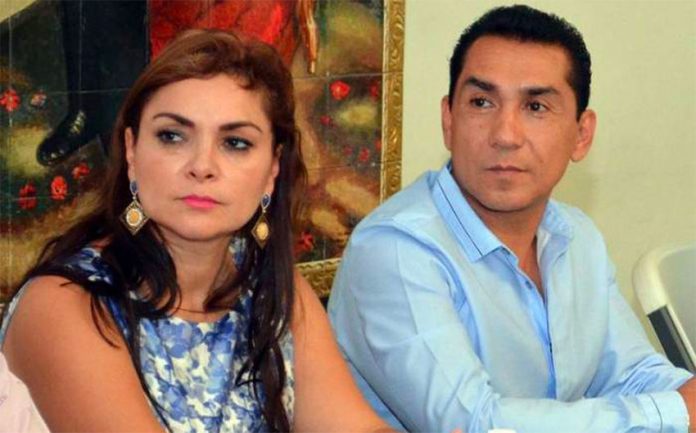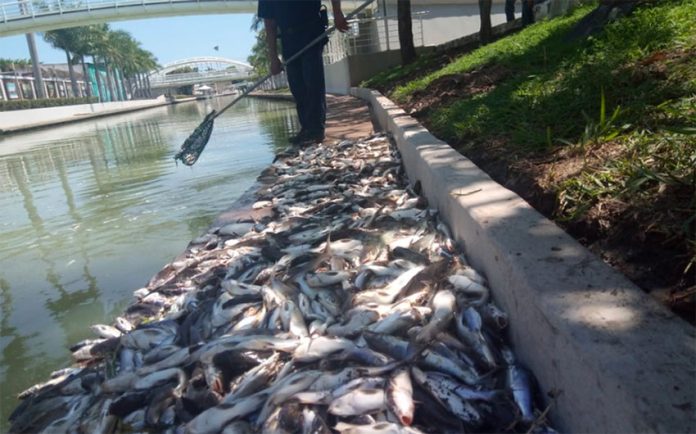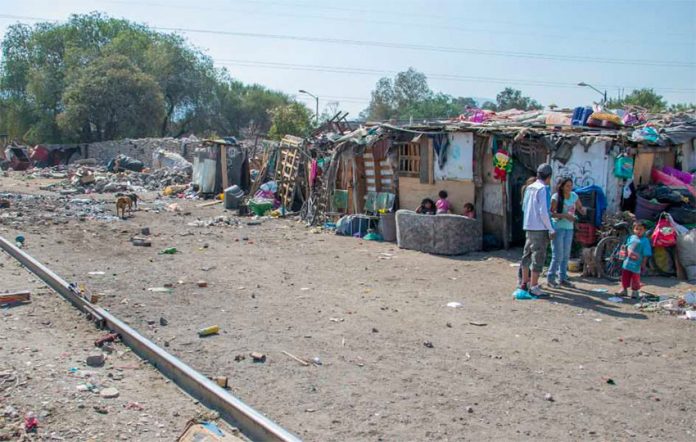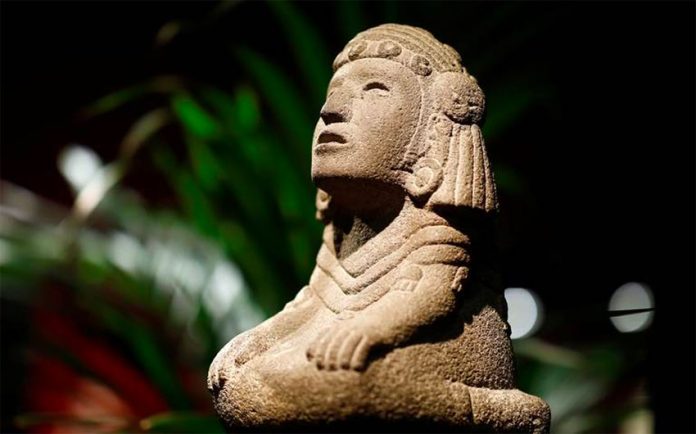A Mexico City children’s hospital is warning yet again of a possible shortage of chemotherapy drugs.
The director of the Federico Gómez Children’s Hospital of Mexico (HIMFG) has warned lawmakers of an imminent shortage of the cancer drug methotrexate. But he claims that the federal health regulator has the capacity to provide an immediate solution to the problem.
During a meeting of the Senate Health Commission at the Mexico City hospital on Tuesday, Jaime Nieto Zermeño told senators, parents of children with cancer and federal health officials that the hospital’s supply of the chemotherapy agent will only last for the next two or three weeks.
However, he said, the pharmaceutical company PiSA could supply the drug to the hospital immediately if its authorization had not been stripped by the Federal Commission for Protection Against Sanitary Risk (Cofepris).
“PiSA . . . has the capacity to supply methotrexate the moment that the commission releases its certificate of good practice . . . The methotrexate problem can be solved so that the children who require the medication are not left without it,” Nieto said.
Cofepris suspended the authorization of a Jalisco-based PiSA subsidiary in May following a bacteria outbreak. But in a statement on August 27, the commission said that PiSA could sell and distribute methotrexate made before the suspension was imposed. Cofepris chief Alonso Novelo didn’t attend the Senate Health Commission meeting.
National Action Party (PAN) Senator Martha Márquez told the newspaper El Universal that the “revealing fact” that emerged from the meeting is that PiSA has the capacity to provide methotrexate but cannot supply it due to the Cofepris sanction.
“That’s why there’s a shortage because they’re the only ones that have produced [the drug],” she said.
Márquez said that directors of other hospitals are also concerned about the shortage of medications but are too afraid to speak out because they believe that doing so could result in them losing their jobs.
She said the National Cancer Institute and the Siglo XXI National Medical Center are among the health care facilities where there are “similar situations” to that in the HIMFG.
The PAN senator added that a Health Secretariat finance official revealed at the meeting that resources are not reaching Mexico’s health institutes as they did in the past.
“He explained that the Secretariat of Finance SHCP used to transfer money to the Health Secretariat after July . . . but we’re now almost in October and that hasn’t happened . . .” Márquez said.
Medicine shortages reported in more than 20 states earlier this year were blamed on federal budget cuts to the health sector but Health Secretary Jorge Alcocer said in May that the problem had been “fixed” after the SHCP released more than 2 billion pesos in funding that had been withheld.
However, at a protest at the Mexico City airport in late August, parents of cancer patients said there had been no cancer drugs for 1 1/2 months at both the HIMFG and the 20 de Noviembre hospital.
With methotrexate supplies at the former hospital on the verge of running out and PiSA unable to replenish them, the father of a cancer patient receiving treatment at the HIMFG revealed at yesterday’s meeting that at his and other parents’ request, oncology director Luis Enrique Juárez Villegas asked Cofepris to approve an “extraordinary importation” of the drug.
However, the health regulator has not yet responded, Israel Rivas Bastidas said.
He urged Cofepris to reinstate PiSA’s authorization to produce and distribute methotrexate so that child cancer patients can continue to receive the chemotherapy treatment they need.
“A concrete fact is that PiSA has the medication but [the company] is sanctioned . . . If I were the government, I would allow PiSA to release the medications . . . to save the lives of the children.”
Source: El Universal (sp)
